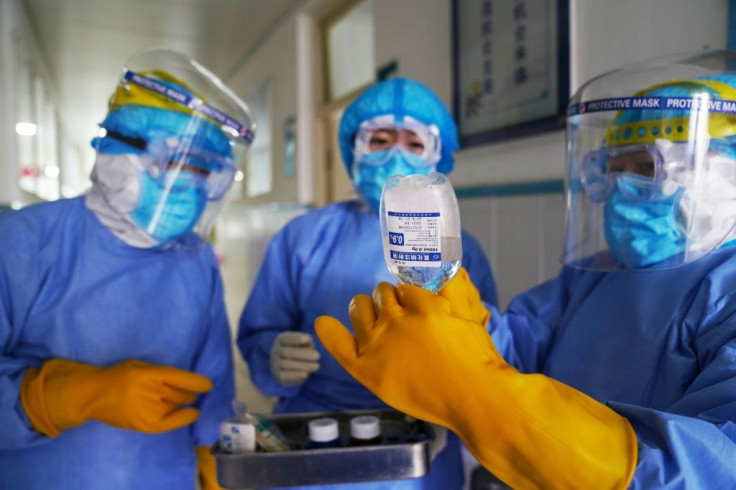Coronavirus Treatment: MIT Chemists' Experimental Peptide Could Potentially Block COVID-19
With the hope of developing a possible way to treat the deadly novel coronavirus, a team of experts from MIT has designed a drug candidate, which they believe might block the coronavirus's ability to enter the cells of human beings. It is a short protein fragment or peptide mimicking a protein found on the surface of human cells.
The MIT chemists have demonstrated that their new peptide could bind to the viral protein used by the novel coronaviruses to enter human cells and potentially disarm it.
“We have a lead compound that we really want to explore because it does, in fact, interact with a viral protein in the way that we predicted it to interact, so it has a chance of inhibiting viral entry into a host cell,” MIT News quoted the study’s lead researcher Brad Pentelute, an MIT associate professor of chemistry.
The researchers reported their initial findings on March 20 and have sent samples of the peptide to collaborators who have planned to carry out testing in human cells.
They began working on this project after a Chinese research group published the Cryo-EM structure of the novel coronavirus spike protein alongside its human cell receptor. The coronaviruses causing the current COVID-19 pandemic have several protein spikes protruding from its viral envelope.
According to older studies, a specific region of the spike protein will bind to a receptor known as ‘angiotensin-converting enzyme 2 (ACE2)'. The receptor is found on several human cells including those in the lungs. The coronaviruses use this ACE2 receptor as an entry point.
Genwei Zhang, a post-doc in the same lab, performed computational simulations of the interactions between this receptor and the receptor-binding domain of the novel coronavirus spike protein, in hopes of developing a drug that could potentially block the entry of the deadly virus.
“This kind of simulation can give us views of how atoms and biomolecules interact with each other, and which parts are essential for this interaction. Molecular dynamics helps us narrow down particular regions that we want to focus on to develop therapeutics,” MIT quoted Genwei Zhang.

© Copyright IBTimes 2024. All rights reserved.






















